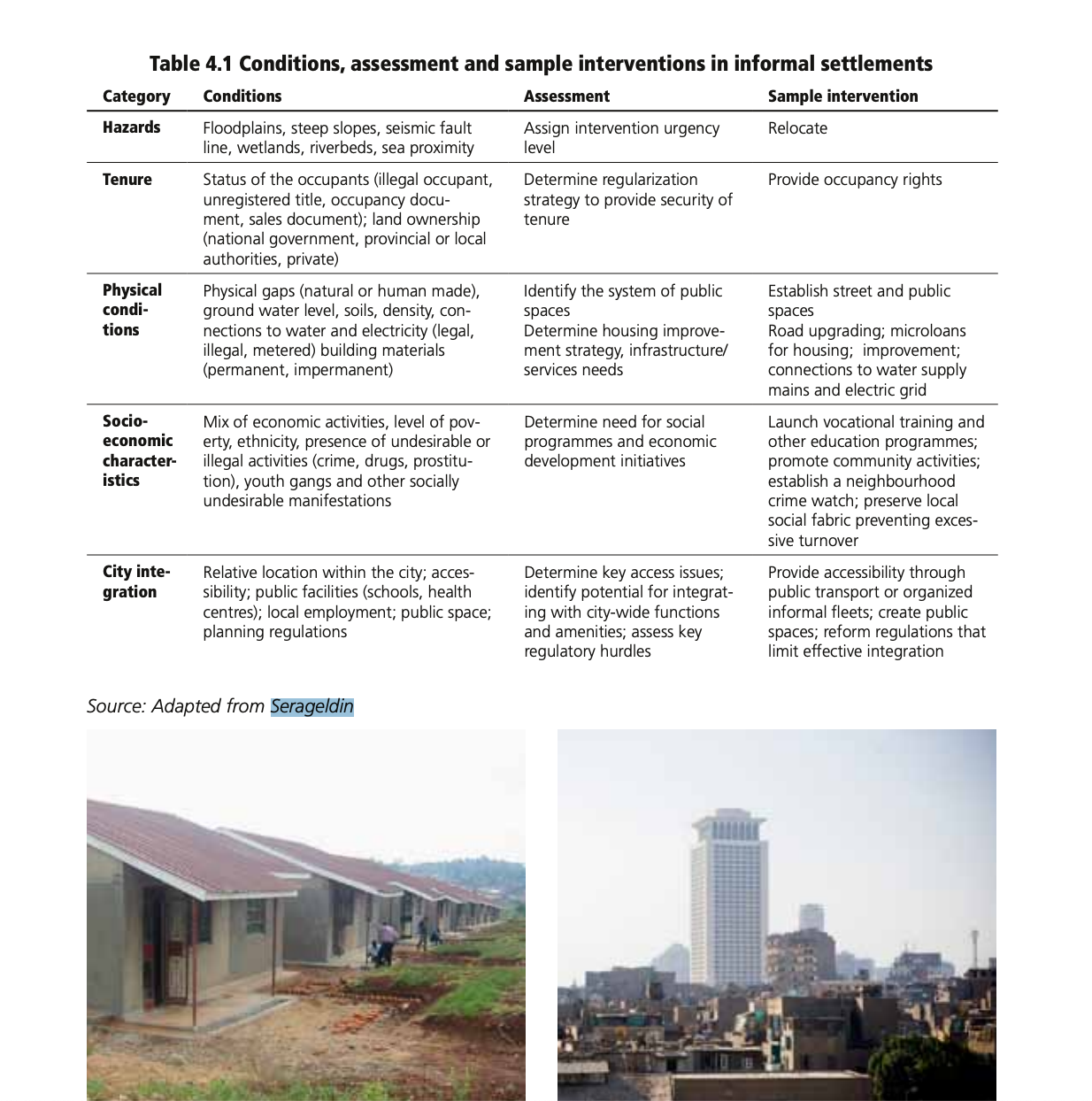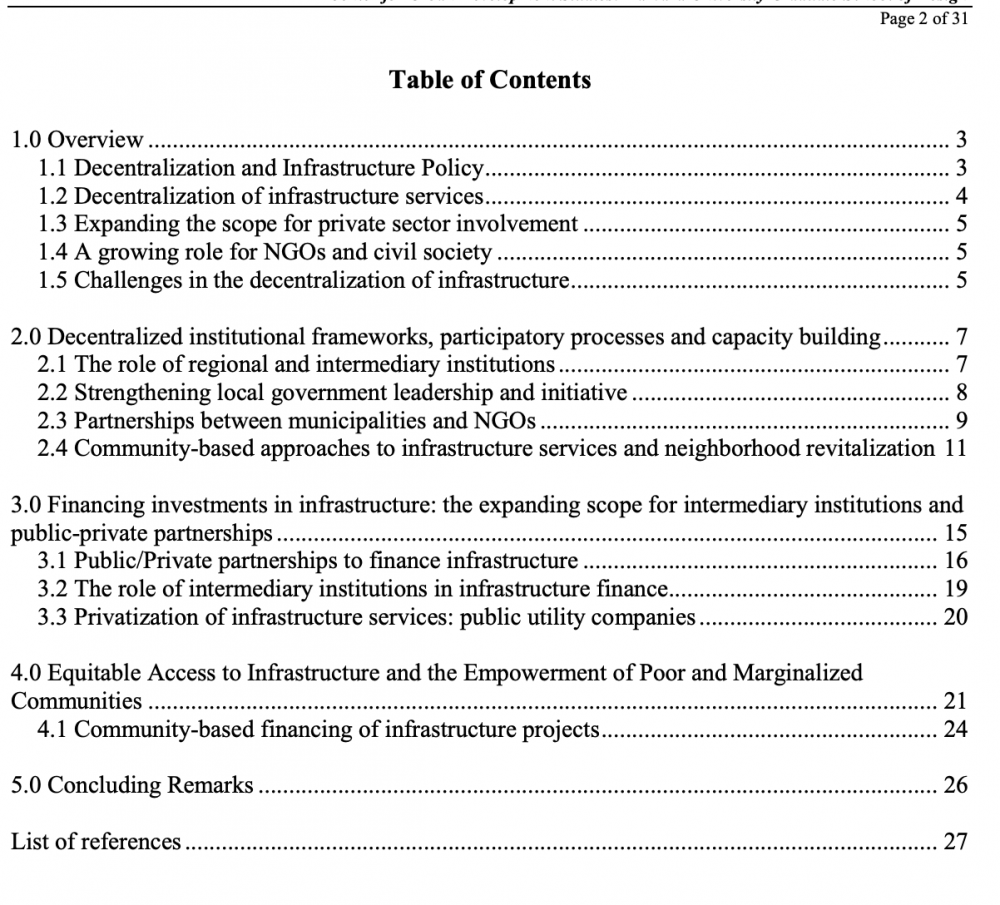Abstract
In 2015, I2UD contributed to Phase 2 of the “Social Sustainability and Citizen Engagement” (SSCE) project. The project built off of the successful approach of the Social Sustainability Audit (SSA) implemented in Phase 1 of the World Bank-Austria Urban Partnership Program (UPP).
Local City Teams worked in Elbasan (Albania), Gjilan (Kosovo), Kumanovo (North Macedonia), Tuzla (Bosnia and Herzegovina), Karlovac (Croatia), Kolašin and Ulcinj (Montenegro), and Pančevo and Šabac (Serbia), along with researchers from I2UD and Co-PLAN Institute for Habitat Development based in Tirana, Albania.
I2UD staff worked closely with Co-PLAN to manage the project and Local City Team partners to undertake the municipal assessments, including developing project methodologies in a participatory way, supporting Local City Teams in undertaking the local research and discussions, analyzing project outputs, and documenting best practices in increasing social accountability. Teams undertook research on the current status of participation, transparency, and feedback in municipal services and governance in each region. Teams held focus group discussions, interviews, participatory scenario development workshops and drafted City Action Plans to implement a catalyst project to enhance social sustainability and increase citizen engagement.
The project sought to increase knowledge and awareness of social accountability among local stakeholders including civil society, government officials, and marginalized urban residents; and to strengthen integrity in public service delivery by increasing the demand for good governance, social accountability, and civic participation in a regional perspective in each city.
Excerpt
[Excerpt: Technical Proposal]
“Phase 1 of this project resulted in detailed, analytical reports of each of the nine cities covering demographic, social, physical, economic, cultural, institutional and political issues….the city teams also identified vulnerable groups to be the focus of the second phase of the assessment. This selection was made on the basis of official information obtained from institutions responsible for the provision of various public services at a local level, findings from research studies made by international and national organizations, as well as other relevant documents (laws, provisions, local development strategies, etc.) and representatives from marginalized and vulnerable communities and NGOS consulted during the inception phase.”
Related I2UD Projects
Related by – Work in Albania



